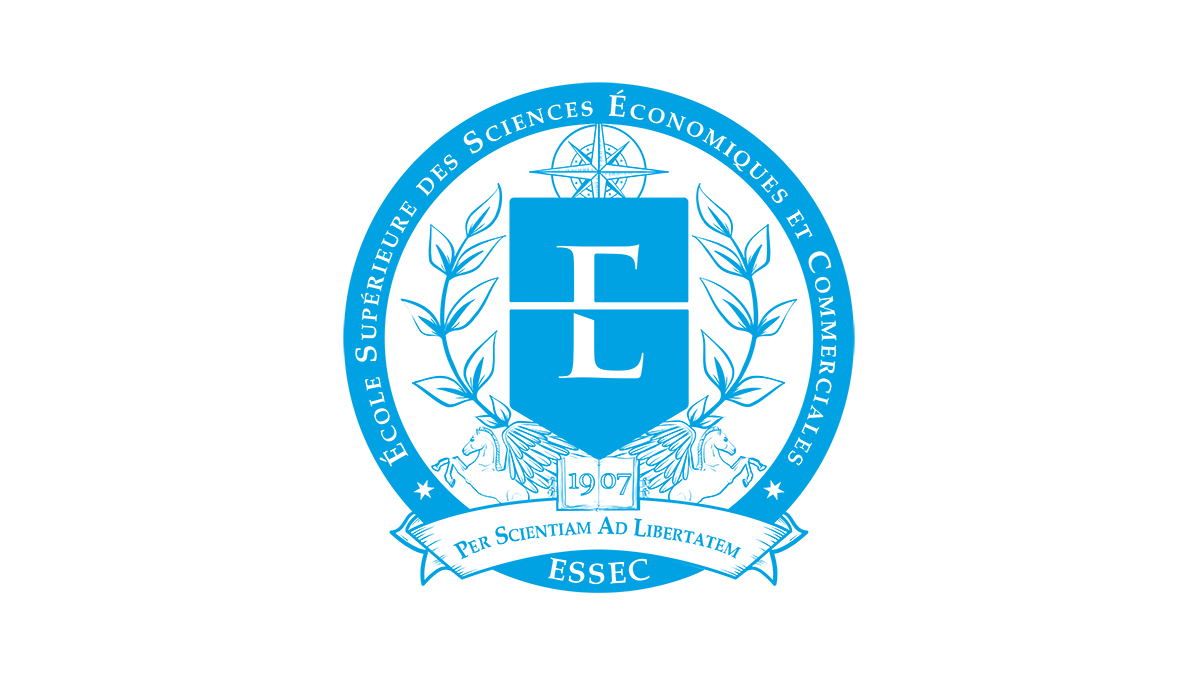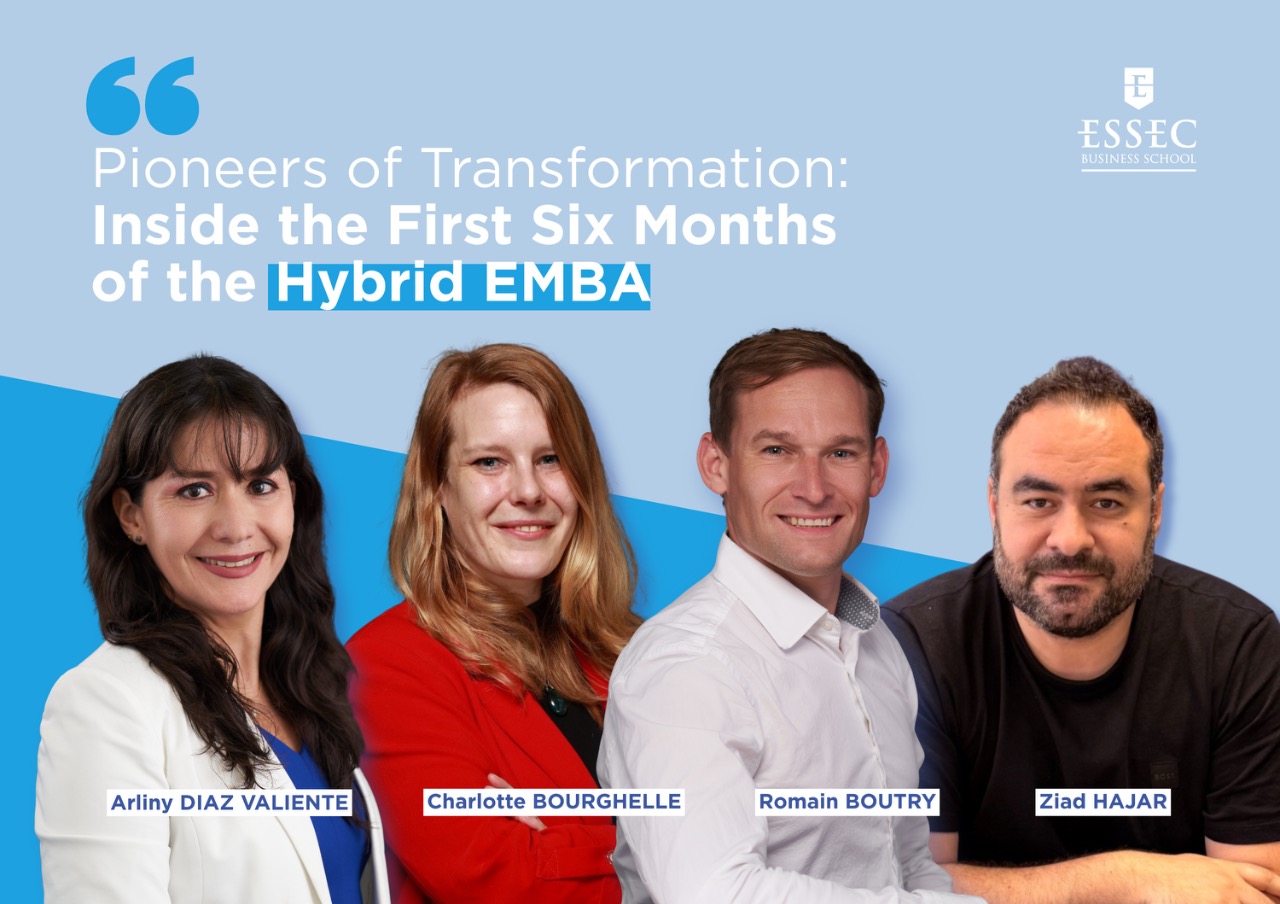As the representation of women in research gradually increases, particularly in management sciences, some are breaking glass ceilings and paving the way for greater gender parity. Ha Hoang, ESSEC’s first female associate dean of research, embodies this movement. Her career illustrates the impact of women in academia and the challenges that remain for achieving better representation.
Women and Research: Ha Hoang, New Director for Research at ESSEC
20.3.2025

Hello Ha. Can you tell us about your background?
I earned my PhD from the University of Berkeley, a stimulating but disorienting experience, as it was my first time living outside of Chicago, where I had grown up and studied. My choice of field was driven by my interest in entrepreneurship, inspired by observing businesses founded by Vietnamese refugees, including my parents, after the Vietnam War.
My first academic position was at Case Western Reserve University, where I studied entrepreneurship and strategic alliances. That’s also where I met my husband, a British citizen. After four years, we both pursued our careers in France. I joined INSEAD, where I focused on strategic alliance performance and entrepreneurial identity.
Later, I joined ESSEC, continuing my research on competition, cooperation, and employee entrepreneurship. Alongside my research, I played an active role in the school, notably as Head of the Management Department before taking on my current position.
Can you describe your role as ESSEC’s Director of Research?
My mission is to ensure that the school provides everything necessary to support cutting-edge research and attract top-tier researchers by offering an environment conducive to excellence. I lead the high-performing CERESSEC team to expand our research opportunities by securing external funding, particularly from the ANR and the European Union.
I also liaise with our research partners through various strategic initiatives, such as the CY Alliance, and promote ESSEC’s intellectual leadership to policymakers and accreditation bodies.
How would you define research at ESSEC and its main areas of focus?
Research is a core mission at ESSEC and so we recruit researchers from top academic institutions and ensure they have the freedom to pursue their research interests. We are increasingly recognized for our research in the areas of AI, sustainability, entrepreneurship and innovation.
We support open-access research and civic engagement. Over a third of our publications are freely accessible, and we host an annual conference on science and society, bringing together researchers and decision-makers.
In September 2025, we will inaugurate the Green Research Tower, a dedicated space for collaboration. We are also enhancing the visibility of our work through ESSEC Knowledge and national and international media.
As Director of Research, why is it important to encourage and highlight the role of women in academic research?
It is hard to believe but biomedical research at one time routinely involved only men as study subjects. Especially in this polarized time, it is important to reaffirm that the lack of representation can lead to significant gaps in our knowledge, biased findings, and negative rather than positive impact on society. We need women in research and conducting research in all fields to ensure that the research questions that are being asked are as comprehensive as possible and that the research methods being applied lead to knowledge that benefits everyone. When research is combined with teaching, as it is at ESSEC, women researchers have an opportunity to impact thousands of students over the course of their career and can play an important role in encouraging women to enter the field.
What are the barriers to promoting gender parity in academic research and how do you plan to overcome them?
While progress has been made, the number of women in research declines as seniority level increases. Studies show a retention gap and this contributes to a pay gap. As ESSEC’s first female Director of Research, I am leveraging this research to better respond to the challenges that women researchers face. It is worth noting that we were the first business school in France to apply and receive the “HR Excellence in Research” award, an EU-level initiative which commits us to continuously improve our HR practices for researchers, including setting out a gender parity plan covering key areas. It includes promoting gender-focused research which we showcase in our Gender Research Workshop.


